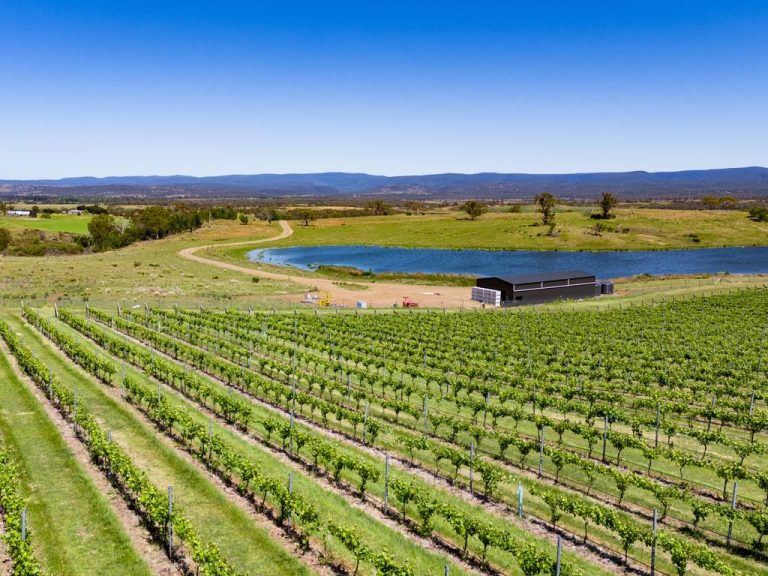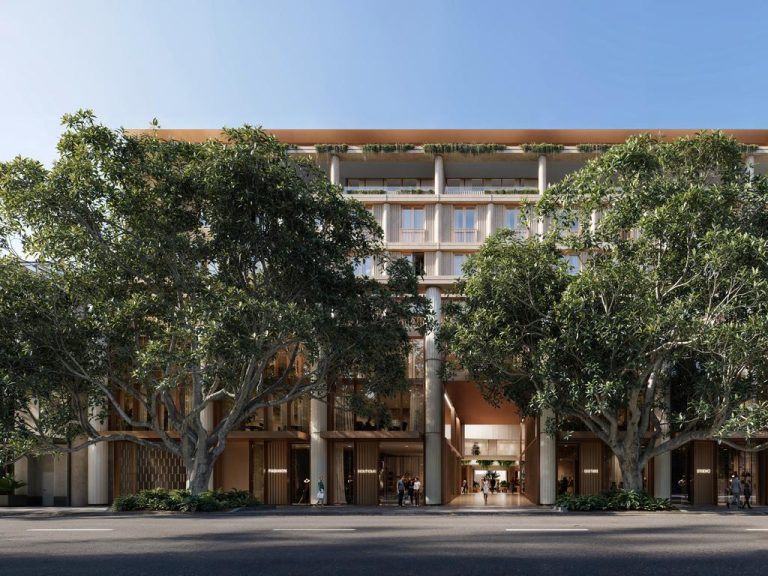Mall trading brings retail therapy to the sector

Shoppers are back in their droves and so investors have renewed their interest in mall properties. Picture: Sam Ruttyn
The nation’s shopping centre sector has emerged as a strong performer for listed landlords, and assets are being chased by private fund managers keen to buy while the window for bargain deal-making is still open.
Big retail landlords, including the Scentre Group, owner of the Westfield empire, Vicinity Centres, the GPT Group, and Stockland, have highlighted the performance of malls.
The centres are humming partly on the back of continued leasing demand, which landlords believe will keep flowing despite the squeeze on consumers, which is only crunching select fashion categories and in hard hit regions.
At the same time, some large groups are still offloading assets to combat rising gearing on their balance sheets or to meet redemption requests from departing superannuation funds, who are still nervous about the sector.
In some of the latest deals, a Dexus-run wholesale fund has put its interest in Westfield Tea Tree Plaza in Adelaide into due diligence with a property funds house for more than $300m, and Stockland has sold its centre in Nowra, NSW, to another group, Fawkner Property, for $103m.
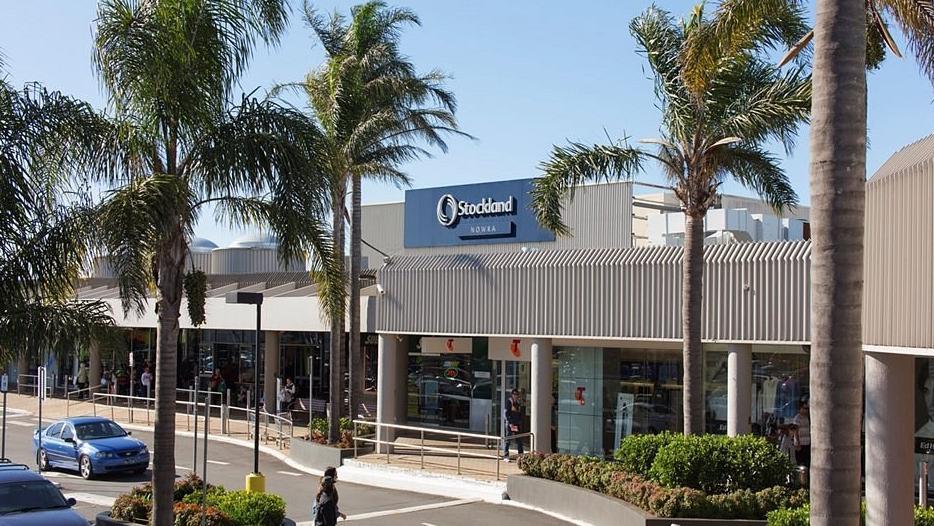
Nowra Stocklands has been sold, the company confirmed.
Beyond the immediate deal-making, the outlook for big landlords is looking up.
“We’ve got strong demand for space. We actually have very little space available to lease, which means that demand has to compete for far more limited supply,” Scentre chief executive Elliott Rusanow said.
“And so, we would expect that conditions with regards to leasing will continue to remain robust.”
Mr Rusanow said customers were spending “significant dollars” in malls and retailers were prepared to pay an “ever-increasing amount as reflected in leasing spreads, annual escalations and growing customer visitations”.
Vicinity chief executive Peter Huddle noted the cumulative impact of the 425 basis point interest rate hikes on consumers, saying over the last half, month-on-month growth rates had progressively moderated. But he was upbeat.
“A welcome and likely sustained offset to the near-term pressure is international tourism nearing pre-Covid levels, migration being at historic highs and our employment market remaining particularly tight,” he said.
Mr Huddle pointed to food-related retail outperforming, including fresh food, dining and supermarkets, as well as sporting goods, cosmetics and retail services.
Listed investors welcomed the upbeat outlook for centres which are beating the cost-of-living squeeze, partly as retailers are again expanding. Big players are refining their portfolios.
Stockland CEO investment management, Kylie O’Connor, said the developer’s centres benefited from a higher weighting towards non-discretionary categories. And it is selling down non-core assets, with about $380m in deals agreed.
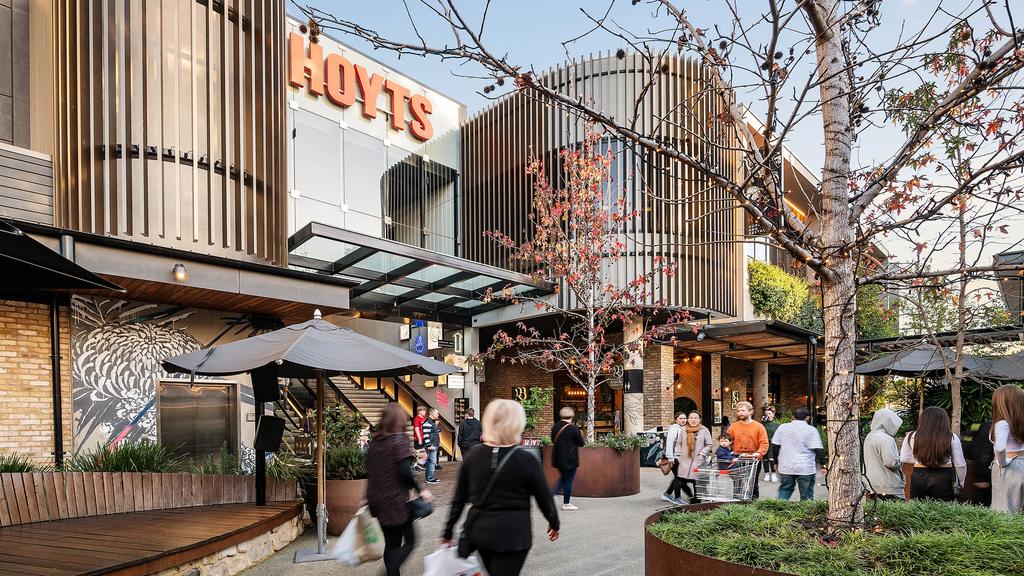
Westfield Tea Tree Plaza in the Adelaide suburb of Modbury.
For Fawkner, buying from Stockland continued a run that has lifted it to the top ranks of retail purchasers at this point in the cycle.
It has made a huge push into regional and subregional retail, with $1.8bn in assets acquired since 2020.
This includes Perth’s Midland Gate that sold for $465m, and The Square Mirrabooka, another WA asset that went for $195m.
Other purchases include a swag of centres bought from Lendlease funds – including Cairns Central – and earlier deals with Stockland.
Sales agent, CBRE’s Simon Rooney, declined to comment on the transaction.
But the transaction is another marker in the march of the wave of private capital that is looking to boost their exposure to the sought-after subregional shopping centre market.
Mr Rooney said that syndicators and private investors had been the most active capital source for retail property in Australia, accounting for 89 per cent of total regional and subregional acquisitions in 2023.
More capital partnerships between a gun set of local managers like Fawkner, Haben, IP Generation and offshore capital seeking the safe haven of retail are in the works, with about $1bn of deals in train.
While the sale of the interest in the SA mall asset is yet to be finalised, the Dexus Wholesale Shopping Centre Fund told investors it had agreed terms and entered exclusive due diligence with a party for its 50 per cent interest in Westfield Tea Tree Plaza, with that $300m-plus sale to recalibrate larger mall values.
The Adelaide centre is co-owned by the Scentre Group and the pricing on the stake compares to the $400m-plus it was held at in the period before the coronavirus crisis. The 99,873sq m centre is anchored by retailers Myer, Big W, Kmart, Target, Coles, Woolworths and Aldi, and has about 240 specialty stores.
Its dining and entertainment precinct has about 10 restaurants and a Hoyts cinema complex including the first Lux screens in South Australia.
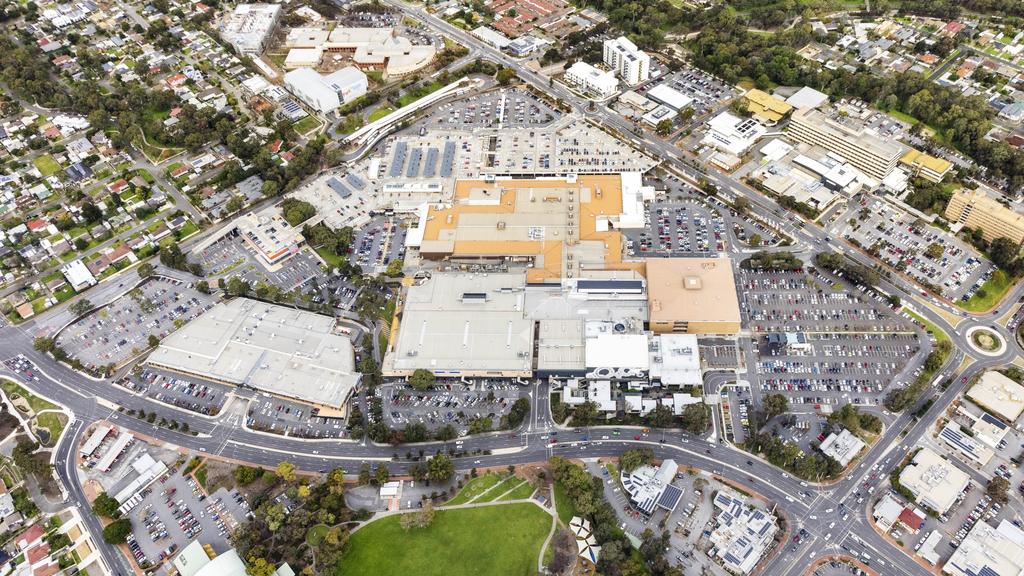
An aerial view of Westfield Tea Tree Plaza in Adelaide.
Mr Rooney is also broking that deal but declined to comment on the transaction. But a review by CBRE of the sector pointed to an expected surge in investment due to its positive fundamentals.
The review argues that tailwinds are emerging for the shopping centre sector after investment hit a cyclical low last year. CBRE is forecasting that shopping centre investment will grow by about 50 per cent between 2023 and 2025 from $4.2bn to an estimated $6.3bn.
Mr Rooney said this would be buoyed by the recent reset of asset values.
“Private capital has opportunistically and strategically dominated investment activity, while institutional capital has essentially sat on the sidelines during this period of pricing recalibration in shopping centres over the past two years,” he said.
“Global institutional investors have slowly re-entered the Australian market primarily via domestic managers, a trend we see increasing over 2024, along with domestic institutional capital at the back end of this year. The speed and volume in deployment will be heavily dependent on pricing, quality and number of opportunities that come into play,” Mr Rooney said.
“The relatively high returns and recalibration in values for high-quality assets are simply too compelling, reinforced by market-adjusted income streams and robust tenancy performance, providing attractive in-built growth. The lack of recent and forecasted competing supply has also been a key contributing factor to asset performance and investor demand.”

